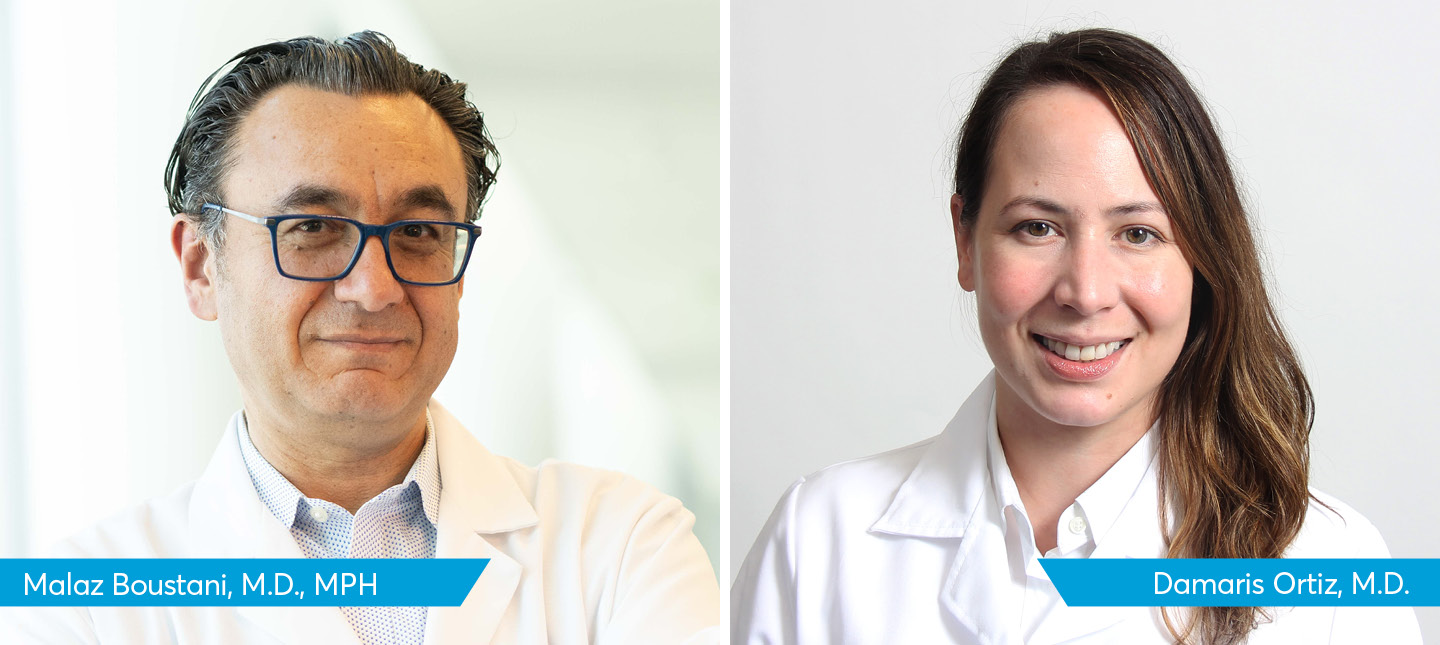How do public health officials know if there is a disease outbreak and where that outbreak has occurred?
Surveillance is the cornerstone of public health practice, yet while disease surveillance has shifted toward greater use of electronically transmitted information to decrease the reporting burden on physicians, the challenge of getting the right information to public health officials at the right time has not been completely solved.
Brian E. Dixon, Ph.D., of the Regenstrief Institute and Indiana University Richard M. Fairbanks School of Public Health at IUPUI, outlines how using a health exchange network can facilitate electronic disease reporting during the 2019 Healthcare Information and Management Systems Society’s Global Conference and Exhibition in Orlando, February 11-15. HIMSS19 is one of the largest health IT gatherings in the world, with more than 45,000 attendees.
Dr. Dixon will present “Enhanced Public Health Reporting Using an HIE,” discussing how electronic health information exchange can be used to improve compliance with public health reporting laws, increase completeness of reports to public health, and make the surveillance work process more efficient while reducing the burden on clinics.
“Traditionally, public health agencies wait for laboratories to initiate notifiable disease case reports,” he notes. “However, this passive approach typically yields incomplete and delayed reports, which can hinder assessment of disease in the community and potentially delay recognition of patterns and outbreaks.”
In his HIMSS presentation, he will discuss a novel decision support tool — pre-populated electronic reporting forms — that he and Regenstrief colleagues designed, tested and implemented to facilitate awareness and compliance among primary care providers regarding notifiable disease reporting to county public health agencies.
“In 2019, many clinics still use fax machines to communicate patient data to public health offices, said Dr. Dixon. “Our objective is to automate the process by which primary care clinics report case information to public health following a laboratory-confirmed diagnosis of one of the many diseases that clinicians are required to report.”
In addition to notifiable disease confirmatory test results, the pre-populated fields on the electronic forms include patient demographics and provider information. Seven representative, high priority diseases were included in the Regenstrief test project: chlamydia, gonorrhea, syphilis, salmonella, hepatitis B, hepatitis C and histoplasmosis.
In his HIMSS presentation, Dr. Dixon will explore how pre-populated, electronic case reporting may improve disease reporting and barriers that must be overcome to make that possible.
Regenstrief Institute is a dynamic people-centered research organization driven by a mission to connect and innovate for better health. We envision a world where better information empowers people to end disease and realize true health, and we pursue this vision through research and development guided by our core values.
Committed to advancing the public’s health and well-being through education, innovation and leadership, the IU Richard M. Fairbanks School of Public Health at IUPUI is known for its expertise in biostatistics, epidemiology, cancer research, community health, environmental public health, health policy and health administration.









